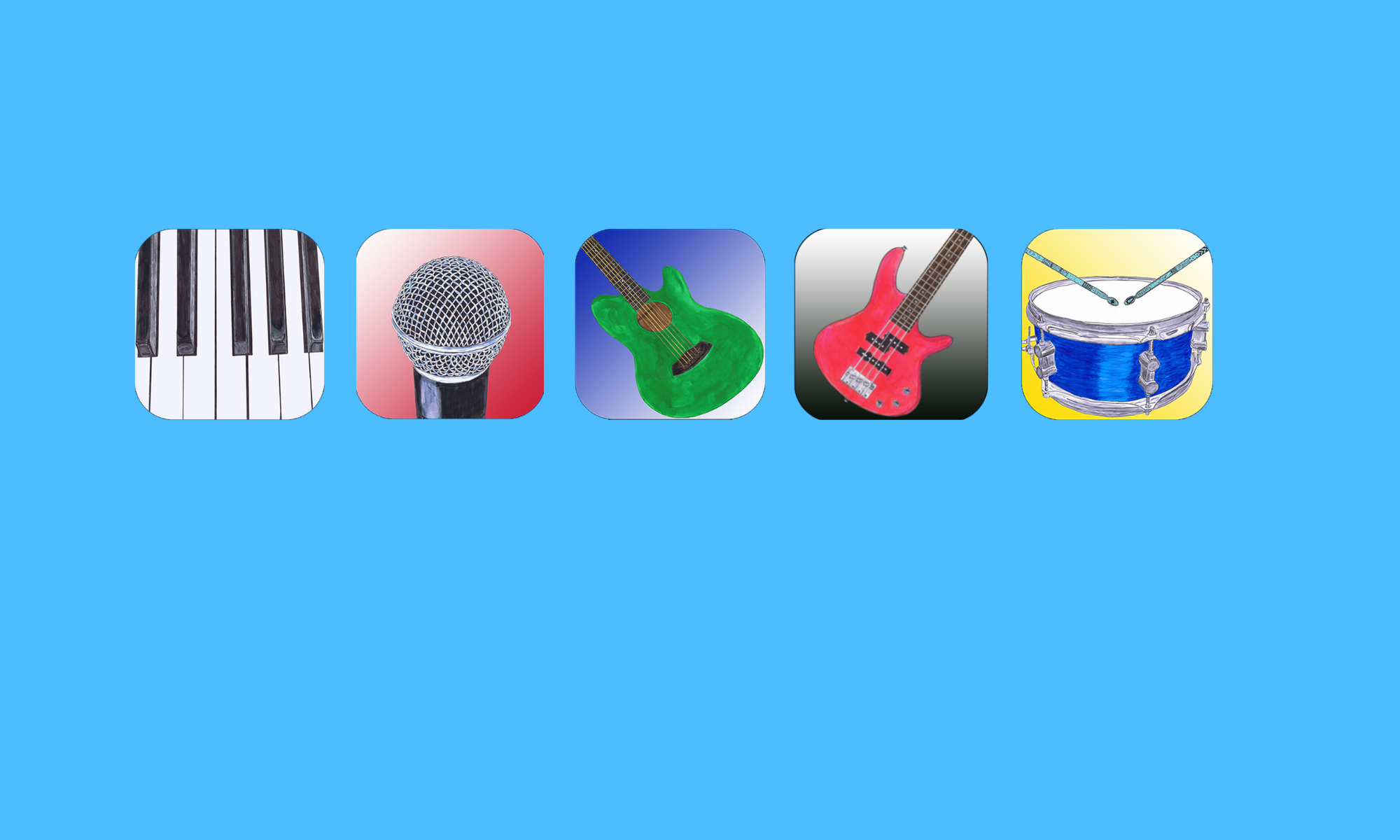>
We all experience emotions that are not considered positive. We really can’t choose how to feel about something but we can choose what we do. That being said, doing the right thing doesn’t always alleviate the emotion. The selfish urge to put yourself first is part of our survival instinct. This is often at war with our need to be part of a society that is working, healthy, and attempts to have some fairness in it. There are things in our lives that happen to us that aren’t fair and that we can’t control or change. Keeping these feelings bottled up is not healthy for us. They make their way out one way or another even if it is just to make us unhappy. Music is a healthy way of expressing these emotions and coping with them without hurting others or ourselves.
Expressing our emotions is healing and also allows us to create a positive from a negative. Instead of acting on that emotion by destroying things, we can take something that may have been painful or ugly and create something from it. That in and of itself is actually giving us the power to change something in our world. The process of creating can also change how we feel or allow us to accept something. There are times such as when we grieve where we need to allow ourselves to feel something in order to let go and move on. Our emotions can be heightened and focused in music which allow us to pour it all out.
Music provides healthy escape: You can step away from the stresses, responsibilities or frustrations of life and lose yourself in the process of learning or feeling in music. Both can be really refreshing.
Music helps us face personal strengths and weaknesses: Which things come easy and which things are a struggle relate directly to a person’s overall personality and their general strengths and weaknesses as a person. It’s unlikely that a person is going to be horrible at every aspect or amazing at every aspect. Even if you look at people that are considered musical geniuses you’re going to find this. That’s part of the journey: facing who you are and embracing your strengths and improving your weak areas. Knowing your strengths also helps focus what you want to highlight. If you think of an example of music that is well-known for having great piano parts or amazing bass lines or great melodies and then examine another part of the arrangement and you will find that every aspect isn’t brilliant. The truth is that this wouldn’t work anyway. A listener can only focus on one thing at a time. It becomes too busy (chaos) and cluttered if everyone or every part is trying to be a soloist (the star). There are solo parts and supporting parts and all are essential for the whole. Think of your strengths and weakness in the same way. Your strengths are the soloists and your weaknesses play the supporting (accompanying) role. They are all part of the same package and as a whole add up to something. The same trait that makes you strong at one thing makes you weak at another. It defines your perspective and determines where your focus is. It is what gives you your unique voice.
Music is unique in that it can be a solitary pursuit and also a team pursuit. This integration is really healthy for us because we really can’t be just solitary or solely social in our lives. We need to manage both even if we are more natural at one than the other. The solitary pursuit really makes us confront who we are. There is no one else to blame when we can’t do something but ourselves. We must come to the conclusion that there is some limitation within ourselves that is preventing us from accomplishing what we are attempting. Finding out what that limitation is and addressing it has a ripple effect through the rest of our lives. Most of our limitations are either symptoms of our psychological limitations or purely psychological.

